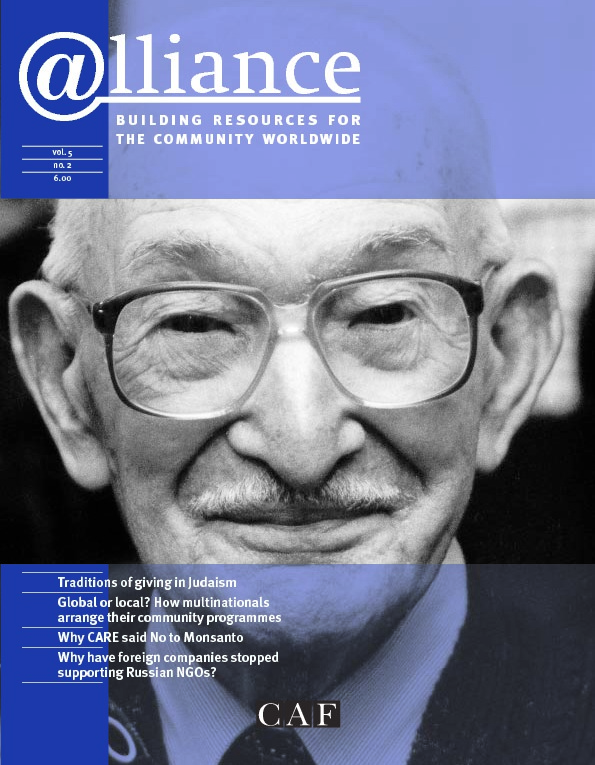The Rabobank Foundation is a corporate foundation that funds projects worldwide. Its activities are not linked to marketing needs or commercial gain. Instead, as a reminder of Rabobank’s own beginnings, the Foundation is dedicated to helping the world’s less fortunate to help themselves. In doing this, it makes full use of Rabobank’s long experience of banking. ‘Being a cooperative movement means that we have social responsibilities, that is our mission statement.’
The story begins in the mid-nineteenth century in the rural areas of north-western Europe. Dutch farmers faced a crisis as large imports of cheap grain from America and Russia flooded European markets. Reluctant to resort to a protectionist strategy, the Netherlands government encouraged the sector to compete internationally. In an attempt to hold their own, farmers were forced to borrow heavily, and at exorbitant rates of interest.
With farmers in a state of financial crisis, the newly established Farmers Unions took action. One of its strategies was to encourage the formation of credit cooperatives along the lines of those established in neighbouring Germany by Friedrich Wilhelm Raiffeisen (1818-1888), the mayor of a small German village, when German farmers were facing similar market conditions. Local savings were mobilized and the better-off in the local village guaranteed the repayment of credit.
The first ‘cooperative bank’ in the Netherlands was founded in Geldrop in 1896. This initiative was quickly followed by hundreds of similar banks, many accommodated in private living rooms or in corners of bars. As the creation of these credit cooperatives was supported by the Farmers’ Union, central organizations were established almost immediately. The Dutch government facilitated rural credit systems by introducing agricultural guarantee schemes
Subscribe now from only £45 a year!
This article is only available for our subscribers
Existing users can login here




